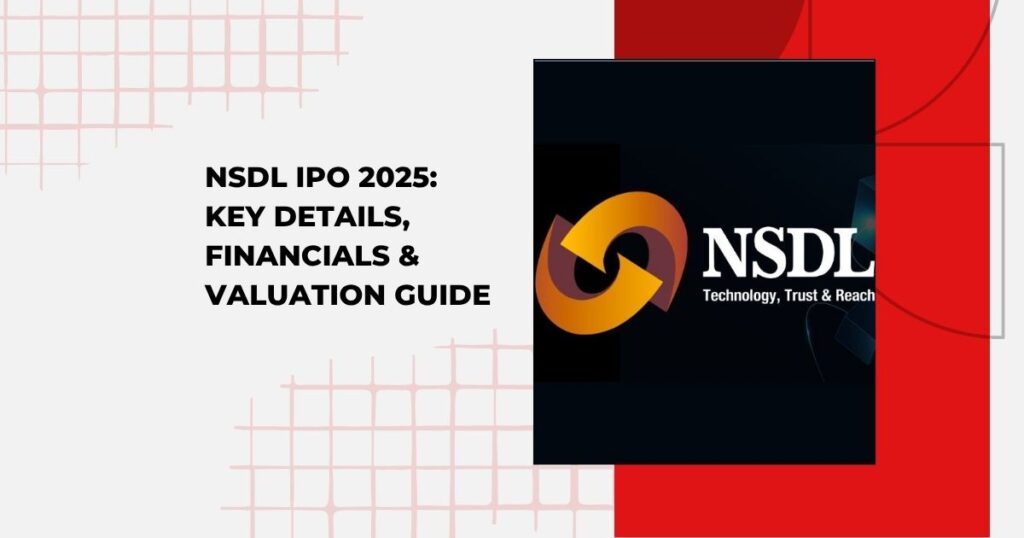What is NSDL?
NSDL (National Securities Depository Limited) is India’s first and largest securities depository, established in 1996. It revolutionized the Indian capital market by eliminating paper-based share certificates and ushering in dematerialized (demat) holdings. Think of NSDL as a bank—but instead of holding your money, it securely stores your shares, bonds, and mutual funds in digital form within your Demat account.
Why Was NSDL Needed?
Before NSDL, the Indian stock market faced:
- Delays in share transfers
- Fraudulent certificates
- Physical damage or loss of certificates
NSDL solved these by: - Offering digital securities storage
- Simplifying trade settlements
- Enhancing investor security and transparency
Key Functions of NSDL
1. Dematerialization of Securities
It allows conversion of physical share certificates into digital (demat) form.
2. Account Maintenance
Through Depository Participants (DPs), investors open Demat accounts to manage securities.
3. Trade Settlement
NSDL enables seamless and secure trade settlements on stock exchanges.
4. Corporate Actions
It automates the delivery of dividends, bonuses, rights, and interest payments.
5. Value-Added Services
It provides e-voting, e-KYC, and also stores academic records via the National Academic Depository.
Benefits of Using NSDL
- Safety: Eliminates loss or forgery of physical shares
- Speed: Instant transfer of shares and faster settlement
- Convenience: Access investments anytime, anywhere
- Eco-Friendly: Reduces paperwork
- Cost-Efficient: Cuts down on administrative fees and errors
NSDL IPO 2025: All You Need to Know
The NSDL IPO 2025 is historic—it’s the first-ever IPO by a depository in India.
Key IPO Details:
- Type: Offer for Sale (OFS)
- Size: ₹4,011 crore
- Promoters Offloading Shares: NSE, IDBI, SBI, HDFC Bank, Union Bank, SUUTI
- Subscription Dates: July 30 to August 1, 2025
- Listing Date: Expected around August 6
- Price Band: ₹760–₹800
- GMP: Around ₹167
Risks to Consider
- Valuation Risk: Unlisted shares were previously trading at higher valuations
- Market Sentiment: A slow GMP could indicate lukewarm interest
- Low Growth Rate: Steady but modest financial growth


3 thoughts on “NSDL IPO 2025: Key Details, Financials & Valuation Guide”
The buzz is about Lucky Jet – everyone’s talking about it.
I wish I had found this sooner.
This clarifies everything perfectly.